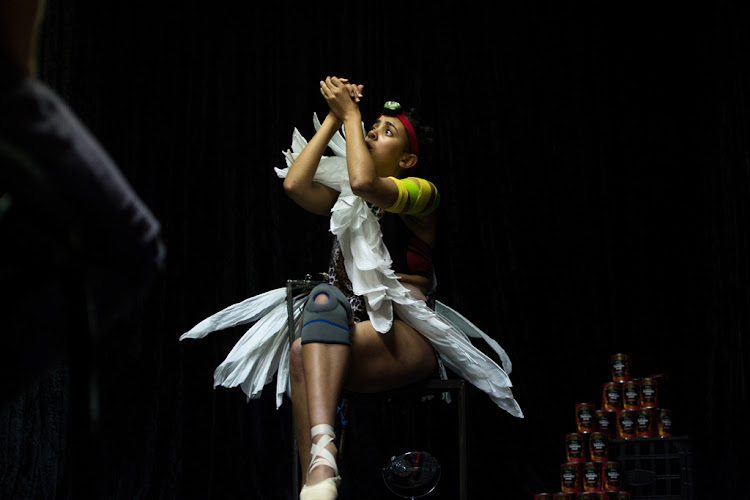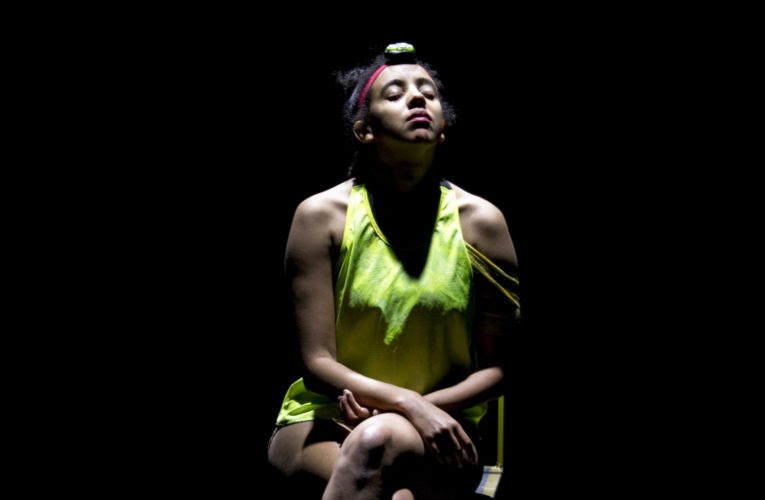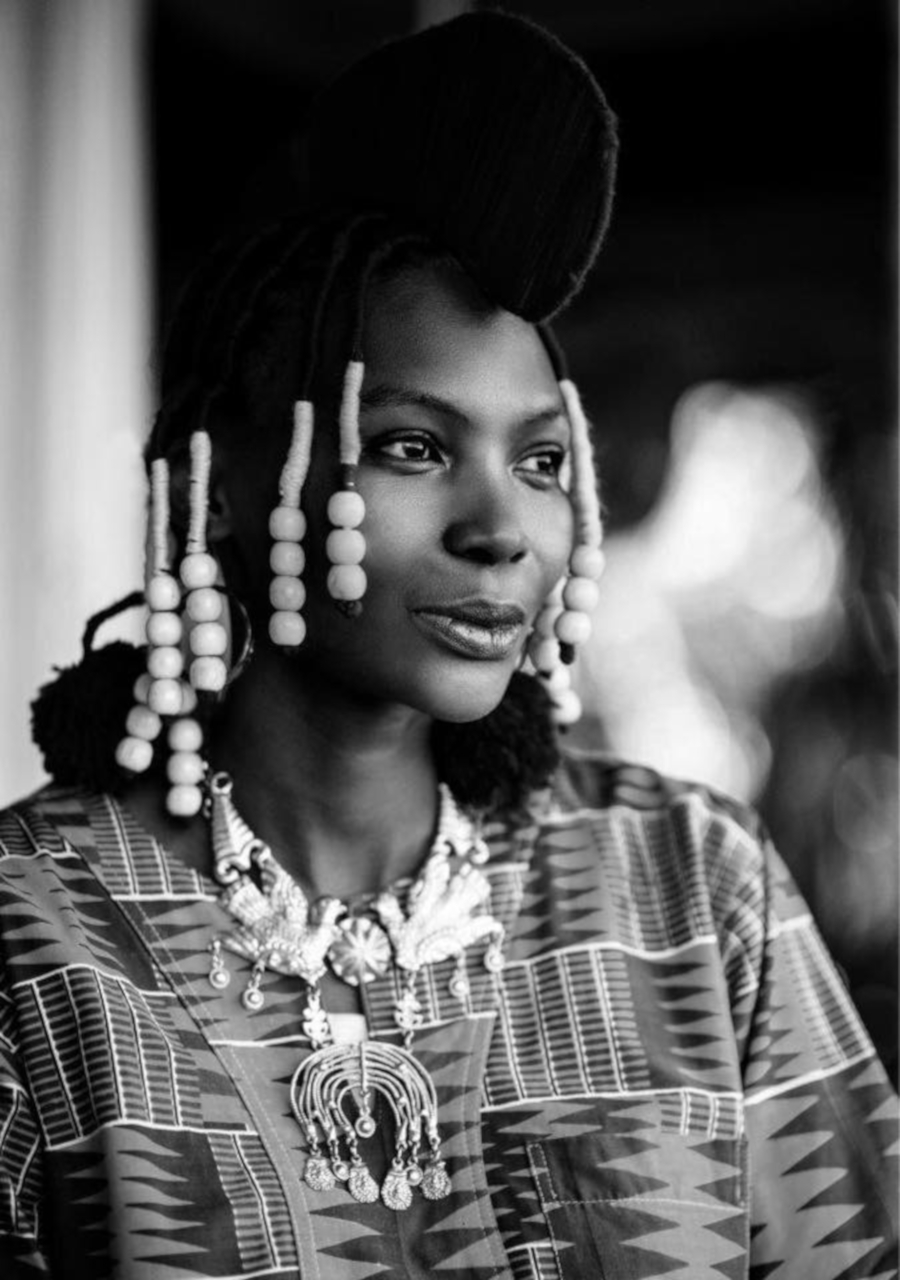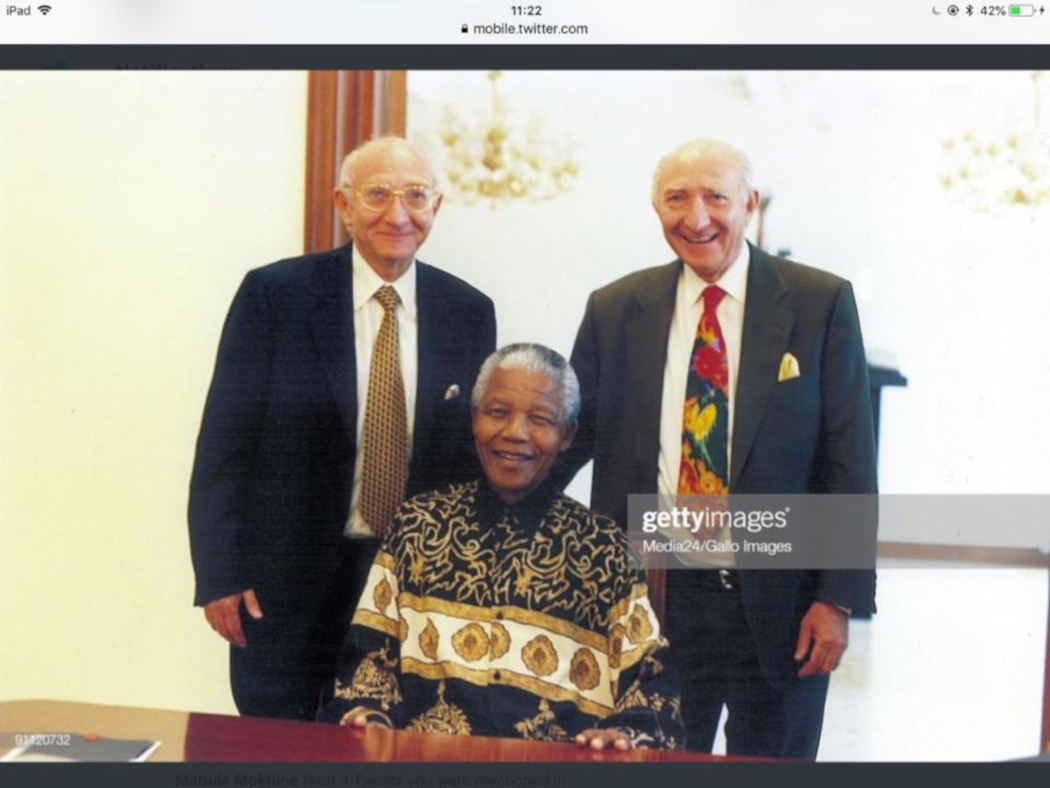Swan Song is an extraordinary one-woman show that showcases the immense talent of Buhle Ngaba. Set in a Johannesburg apartment, the play takes place in an intimate space where Ngaba's character shares her deeply personal experience of living with a winged scapula. According to Ngaba's definition on her website, this condition serves as a metaphor for the lack of belonging or home. Through her powerful performance, Ngaba chronicles her life from being a peculiar child in Taung to her coming of age and eventual move to Johannesburg.
In this review, I will delve into the profound dialogue that the play engages in with themes such as love, grief, and shame. Please note that there may be spoilers ahead, so I recommend watching the play through the following link before continuing:
"SWAN SONG" SCREENPLAY.mp4 from Buhle Ngaba on Vimeo.
The play commences with a striking scene in which Ngaba's character, adorned in bandages and with slightly dishevelled hair, is half-naked in her apartment. Her tone is sardonic and tinged with cynicism as she addresses the audience. The smell of shame permeates the air as she candidly asks if we have ever experienced the scent of our armpits, taking a whiff of her bandages. This shame is a consequence of her condition and the alienation she has endured within her own family. She has distanced herself from others due to her discomfort with physical intimacy, which ultimately stems from her shame regarding her condition. This shame originated during her childhood in Taung, particularly during shared bath times with her cousins, when their curiosity led them to seek a glimpse of her wings. Ngaba employs light and a mirror to symbolize this profoundly introspective moment she shares with the audience, and her semi-nudity serves to underscore the vulnerability and intimacy inherent in this exchange.
Throughout her life, Ngaba's character becomes a victim of myths and village gossip due to her condition and the hue of her skin. From a young age, her body is cloaked in shame within her community. Consequently, she withdraws into herself, finding solace in the world of literature. However, as she delves into the Bible, she discovers the recurring motif of "abomination" in the verses she reads, which only reinforces her sense of shame. At the age of seventeen, she decides to leave Taung, rejecting the societal expectation of conforming to traditional gender roles and aspiring solely to marriage. Fueled by her love for literature, she becomes consumed by wanderlust, yearning to explore and experience a different life beyond the confines of her hometown.
As the play unfolds, Ngaba's character recounts her experiences with love, sharing the story of her father, a white man who was absent from her life. She skillfully transitions into a monologue reminiscent of Romeo and Juliet, capturing the essence of romanticism within her village. Subsequently, she shifts into a South African soap opera-inspired narrative, paying homage to the evenings spent with her family, collectively indulging in the world of soap operas. Fondly remembering these stories, she chuckles at her past naivety in believing that she had a comprehensive understanding of the language of love. Initially concealing her wings from her lover, Oliver, at the beginning of their relationship, she gradually exposes them as her love for him intensifies. Despite her lingering shame, her desire for him surpasses all inhibitions, and she unabashedly embraces her attraction. She vividly describes the burning passion that consumes her, conveying the power and fervour this love affair evokes within her with the poignant statement, "It was only a while before my desire trumped my shame."
Despite her initial discomfort with physical intimacy, she and Oliver engage in a mating dance akin to that of swans. When she finally feels at ease with him, her wings unfurl, and Oliver sees them for the first time. He suggests that her wings can be fixed, and consumed by her love for him, she agrees to undergo a lengthy and arduous surgery to restrict her wings. As she narrates the surgery step by step, her eyes convey a profound sadness that resonates with the audience.
Following the surgery, Ngaba's character awakens to find her wings gone, and she is overcome with grief. Amid this sorrow, memories of her mother, who passed away during her birth, flood her mind. All she knows is that her mother was a beautiful soul who held a deep love for the rain. The wings, she believes, are not only a symbol of societal shame but also a tragic reminder of her mother's untimely demise, which she blames on her wings. It is this belief that drove her to bind them.

During her healing process, Oliver remains by her side. However, despite his presence, the grief over losing her wings weighs heavily upon her. She perceives the surgery as a means to create more space within herself for Oliver. In her desperation, she bargains her wings for the continuation of their relationship. Although Oliver cares for her, his love begins to wane as he becomes increasingly repulsed by her scars and their deteriorating living conditions. The absence of money, electricity, and the rotting food in the fridge serves as stark symbols of the festering wounds on her back. In an attempt to appear beautiful for him, she applies lipstick, but Oliver's departure plunges her into a deep depression. At a time when she needs support the most, she is left waiting for him in their nest, clinging to the belief that swans mate for life. Denial becomes her refuge amid her grief, but Oliver never returns.
The period of solitude that ensues draws her closer to herself, reigniting her love for ballet and Shakespeare. She rediscovers her identity as a swan princess, feeling a profound longing for her wings. In a heart-wrenching moment, she poses the poignant question, "What's a swan without wings?" Driven by her yearning for freedom, she performs a deeply symbolic self-surgery to set her wings free. Bursting with energy and passion, she erupts into a balletic song and dance, symbolizing the powerful burst of song swans are known for before their demise. Through this act, she proclaims, "I'm not dying, just made for flying."
Swan Song is an emotionally charged and introspective performance, masterfully delivered by Buhle Ngaba. It traverses the complex themes of love, grief, and shame, leaving a lasting impact on the audience. Ngaba's portrayal captures the raw intensity of her character's emotions, drawing viewers into a world where vulnerability and resilience coexist.




















